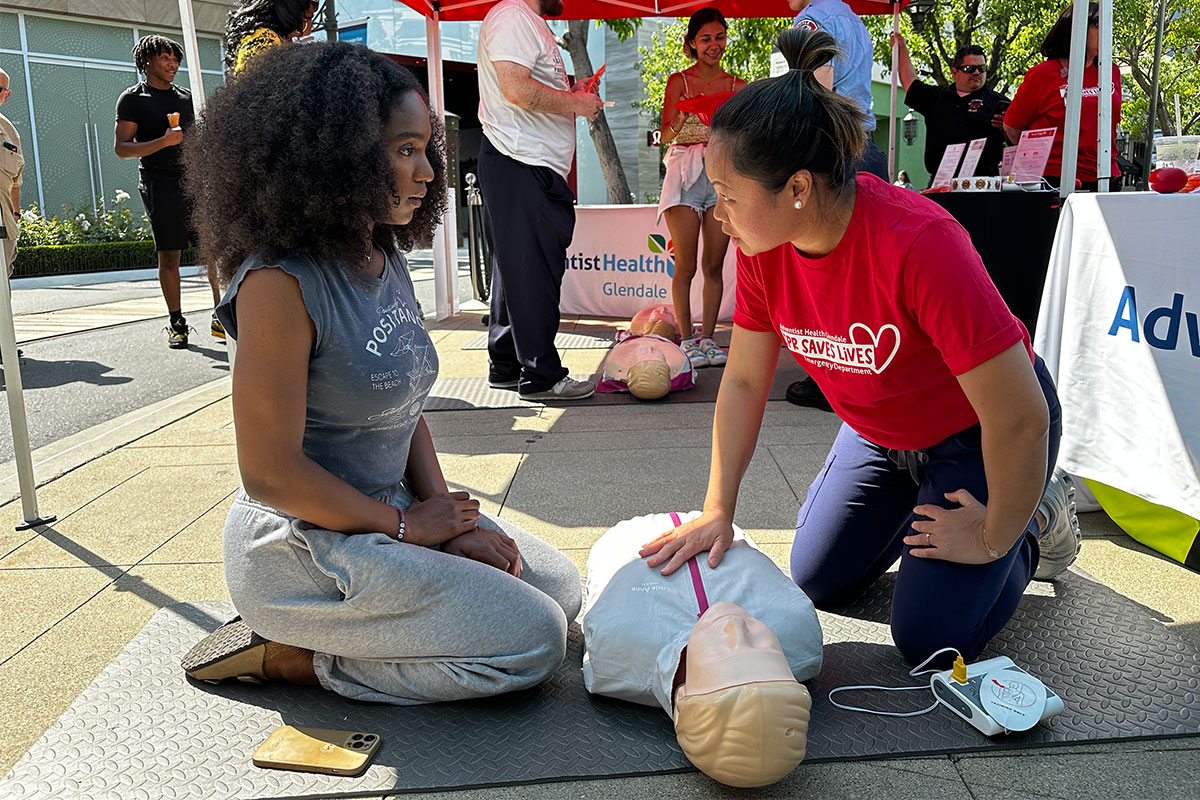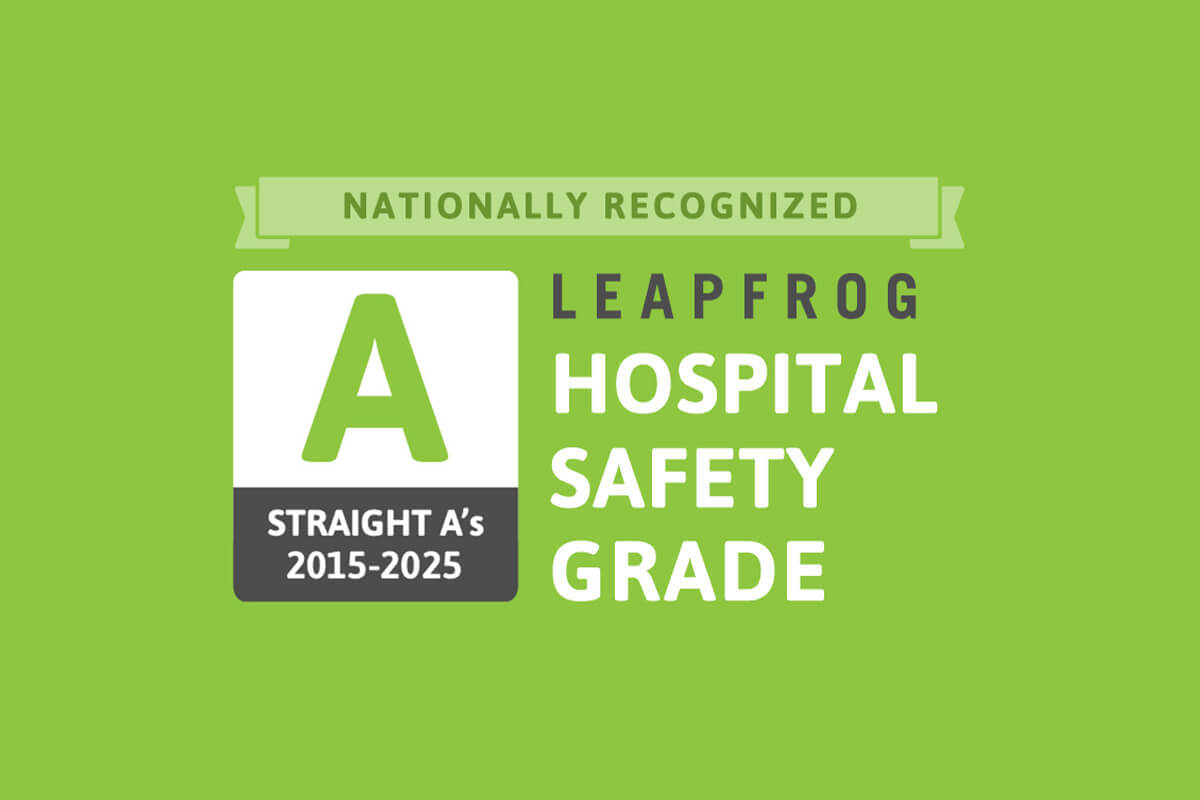About Us
History
Caring for our community more than 120 years
Adventist Health Glendale has proudly and compassionately cared for our community since 1905. As Glendale and the greater San Fernando Valley has grown and thrived, so have we. We’ve been part of many firsts and advances in care, not to mention countless life-saving treatments, and joyous births. We remain committed to consistently evolving our services to meet the changing needs of our community so that we stand ready to deliver the care you expect and deserve.
Adventist Health Glendale through the years
Learn more about our inspiring story, from our first sanitarium established by pioneers of the Seventh-day Adventist Church through our growth and accomplishments to our current state-of-the-art hospital and campus.
Pioneering Wellness in Southern California
In 1905, James and Ellen White, early pioneers of the Seventh-day Adventist Church and advocates of health reform, set out to build a sanitarium in a southern California location that would soon become the city of Glendale. They acquired a 75-room Victorian-style hotel and transformed it into their vision of a facility that would provide quality care with an emphasis on healthier living and spirituality. In 1906, when Glendale was founded, they named it the Glendale Sanitarium.
By the 1920’s, the sanitarium had expanded its medical, surgical, and maternity capabilities, had the most advanced medical equipment of the day, employed nine doctors and nearly 100 nurses, and was rapidly running out of space. As a result, a 30-acre hillside was selected for building a new hospital. Overlooking Wilson Avenue, the new facility featured 225 beds, a solarium and rooftop deck, a golf green, and spacious parlor for 150 patients and guests. This location is where our current, modern medical center stands today.
Advances in care and technology
Over the remainder of the 1900s, Glendale Sanitarium and Hospital, as it was then known, grew rapidly in size and capabilities. The hospital's first medical internship program was followed by residencies in pathology, surgery, obstetrics and gynecology, and internal medicine.
During the 1960s, Adventist Health Glendale became the first hospital in Los Angeles to install the latest IBM computer system to dramatically improve our administrative operations and adopt the groundbreaking use of electronic health records for our patients.
We also opened the area's first behavioral medicine unit, providing much needed support to hundreds of patients suffering from mental or behavioral health issues.
In the 1970s, we proudly performed our first open heart surgery, among other accomplishments that continued to build our reputation as a premier care provider.
Building Today’s Adventist Health Glendale
In the early 2000s, Adventist Health Glendale began a $220-million renovation and building project, which included the west tower, the emergency department and the Lee Hughes Medical Building.
Today, Adventist Health Glendale is recognized as a regional tertiary medical destination offering advanced specialty care from structural heart and advanced gastroenterology care to neurointerventional and comprehensive cancer care. Our award-winning programs in stroke and interventional pulmonology, nationally ranked orthopedic and cardiac services, and leading-edge capabilities in robotic-assisted surgery reflect a standard of care that rivals top academic institutions.
Our evolution has always been about you. As your needs have grown and changed, we’ve grown alongside you — defying expectations of a community hospital and delivering the healthcare excellence you deserve. Looking ahead, we remain committed to expanding innovative services, advancing specialty care, and delivering the world-class, cutting-edge care our community counts on.
While the health care environment has changed over the past century, Adventist Health Glendale’s mission to inspire health, wholeness and hope has remained steady. As we move forward, we look forward to being the care provider that you, your family, and future generations can turn to for exceptional, compassionate care close to home.

